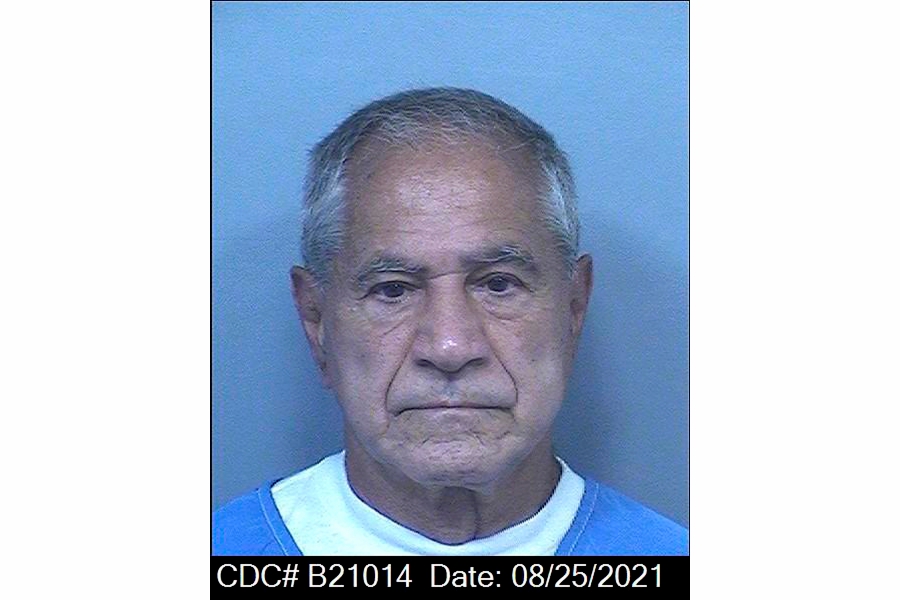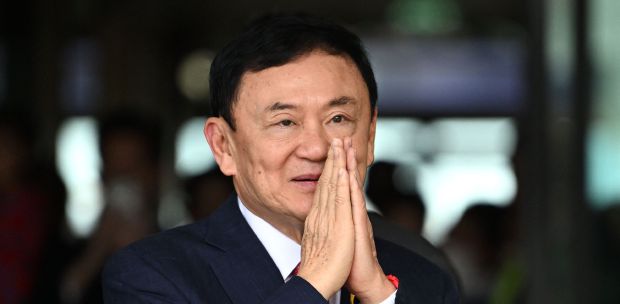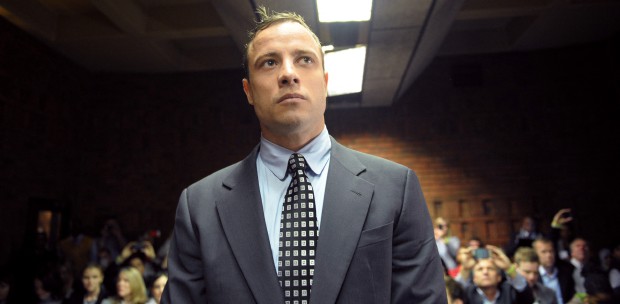SACRAMENTO: Sirhan Sirhan, who assassinated presidential candidate Robert F. Kennedy in 1968, is asking a judge to free him from prison by reversing California Governor Gavin Newsom's denial of his parole earlier this year.
Sirhan shot Kennedy moments after the US senator from New York claimed victory in California's pivotal Democratic presidential primary.
He wounded five others during the shooting at the Ambassador Hotel in Los Angeles.
Newsom, in January, said Sirhan remains a threat to the public and hasn't taken responsibility for a crime that changed American history.
But his attorney, Angela Berry, said there was no evidence that her now 78-year-old client remained dangerous.
She is filing a writ of habeas corpus asking a judge to rule that Newsom violated state law, which holds that inmates should be paroled unless they pose a current and unreasonable public safety risk.
Recent California laws also required the parole panel to consider the young age at which Sirhan committed the offense — at 24 — and that he was now an elderly prisoner.
Berry said she was challenging the governor's reversal as an "abuse of discretion," a denial of Sirhan's constitutional right to due process and a violation of California law.
Berry said the governor "acted with personal bias, incorporated the wrong law, ignored mitigating evidence and did not afford Sirhan the same rights as others eligible for parole."
Newsom overruled two parole commissioners who declared that Sirhan no longer was a risk.
Among other factors, Newsom said the Christian Palestinian who immigrated from Jordan failed to disclaim violence committed in his name, adding to the risk that he could incite political violence.
The ruling split the iconic Kennedy family, with two of RFK's sons — Douglas Kennedy and Robert F. Kennedy Jr — supporting his release.
But RFK's wife, Ethel Kennedy, and six of Kennedy's nine surviving children opposed his parole.
Newsom cited RFK as his political hero and keeps photographs of RFK in both his official and home offices, including one of late senator with his late father.
Berry accused him of politicising the parole process and putting his "political goals and agenda above that of the Constitution."
Newsom's office did not respond to a request for comment.
Newsom, a Democrat, has in recent months sought more national recognition by calling out Republicans, particularly the governors of Florida and Texas.
Newsom is running for reelection in November, but he has also sparked speculation that he has presidential ambitions, something he has repeatedly denied.
It's unclear how quickly a judge might rule on Berry's petition, and either side could appeal an adverse decision. but Sirhan is set for a new parole hearing on March 1.
Sirhan originally was sentenced to death, but that sentence was commuted to life when the California Supreme Court briefly outlawed capital punishment in 1972. -- AP





